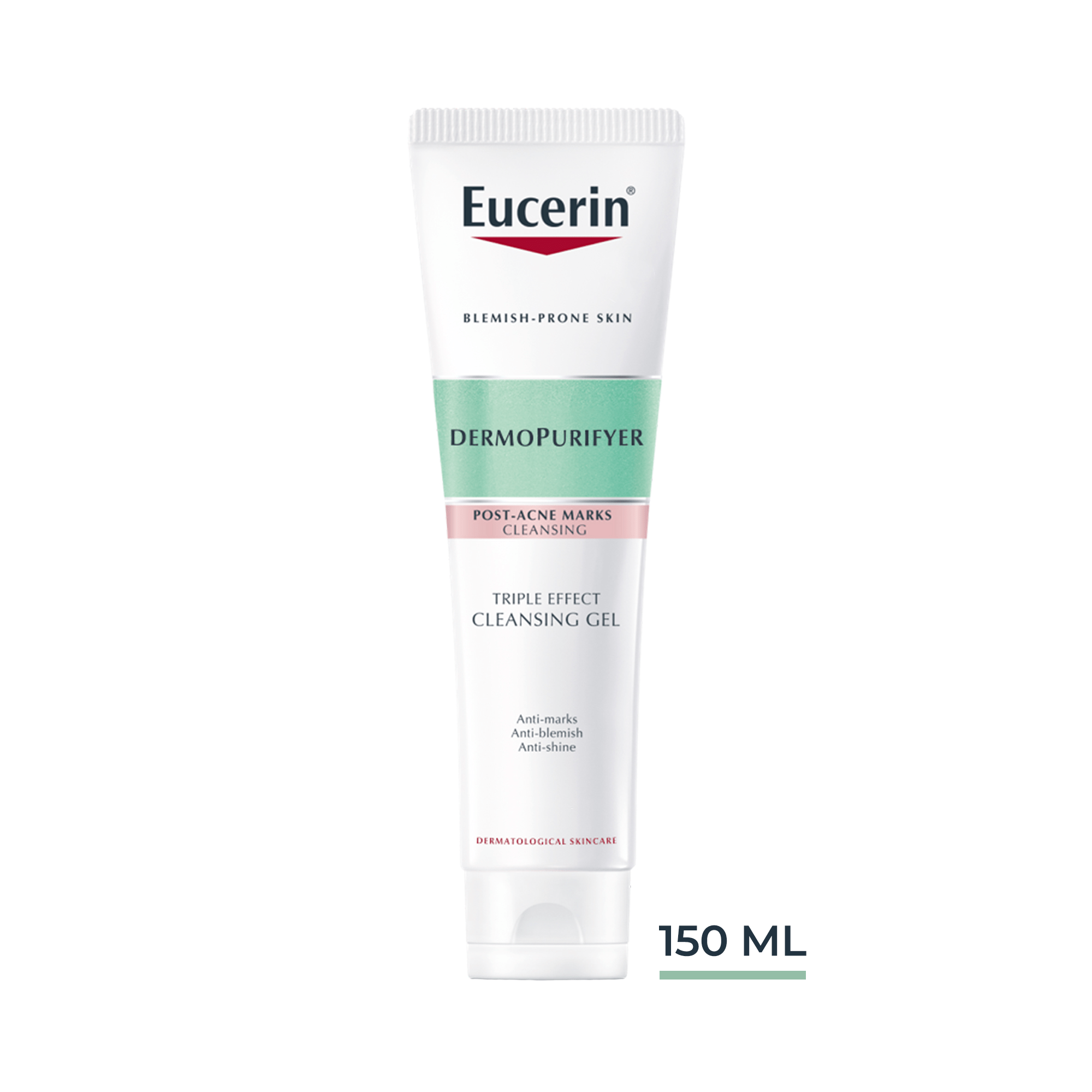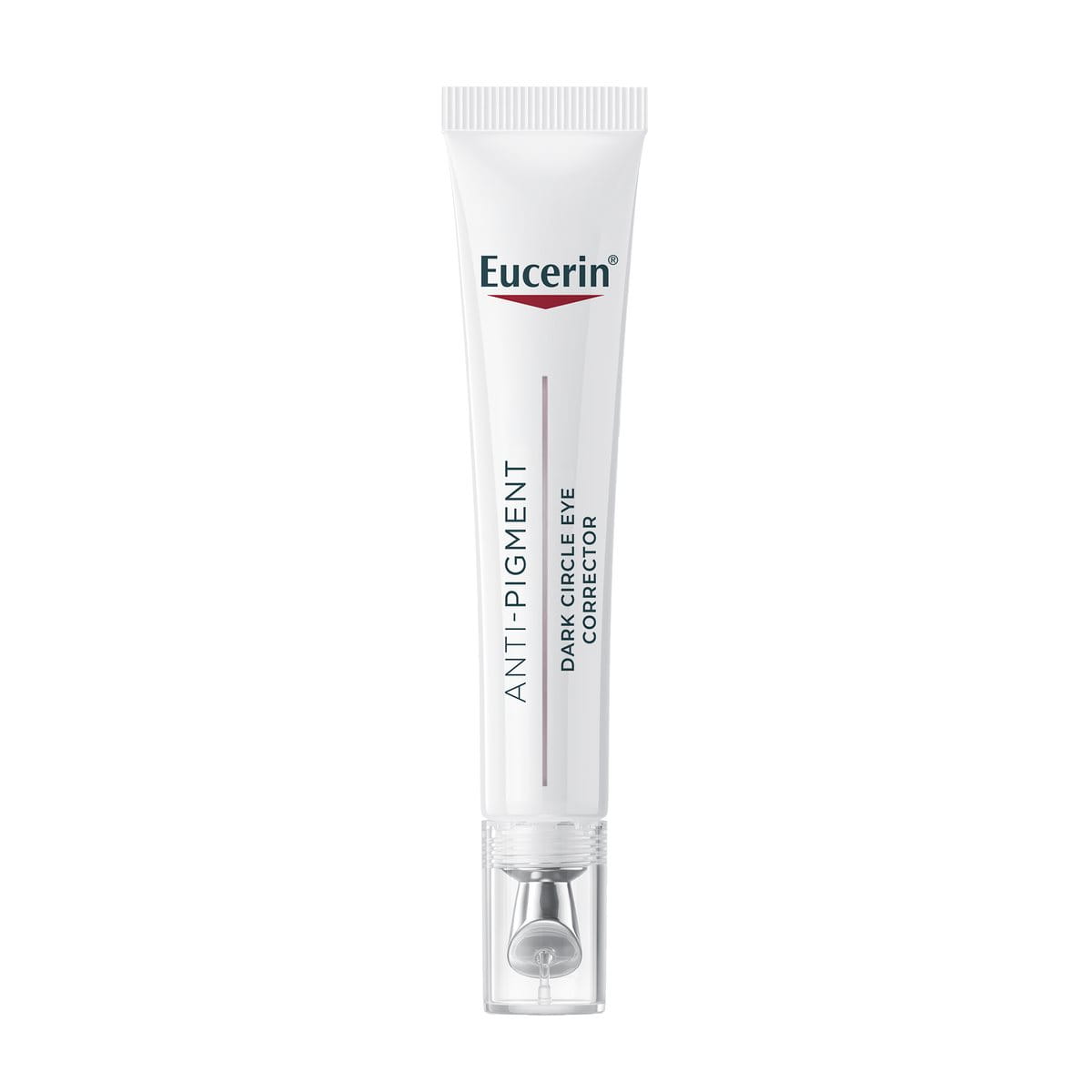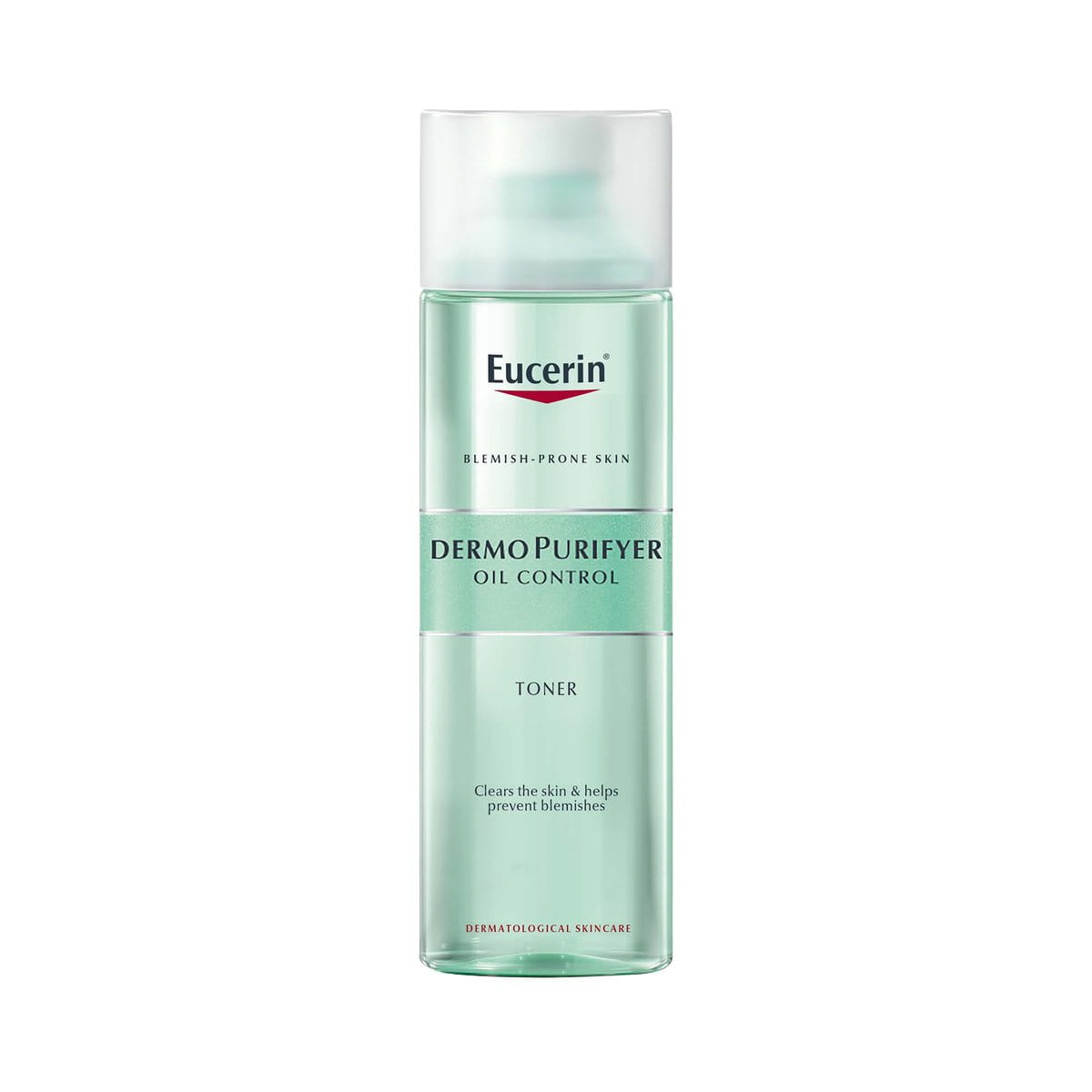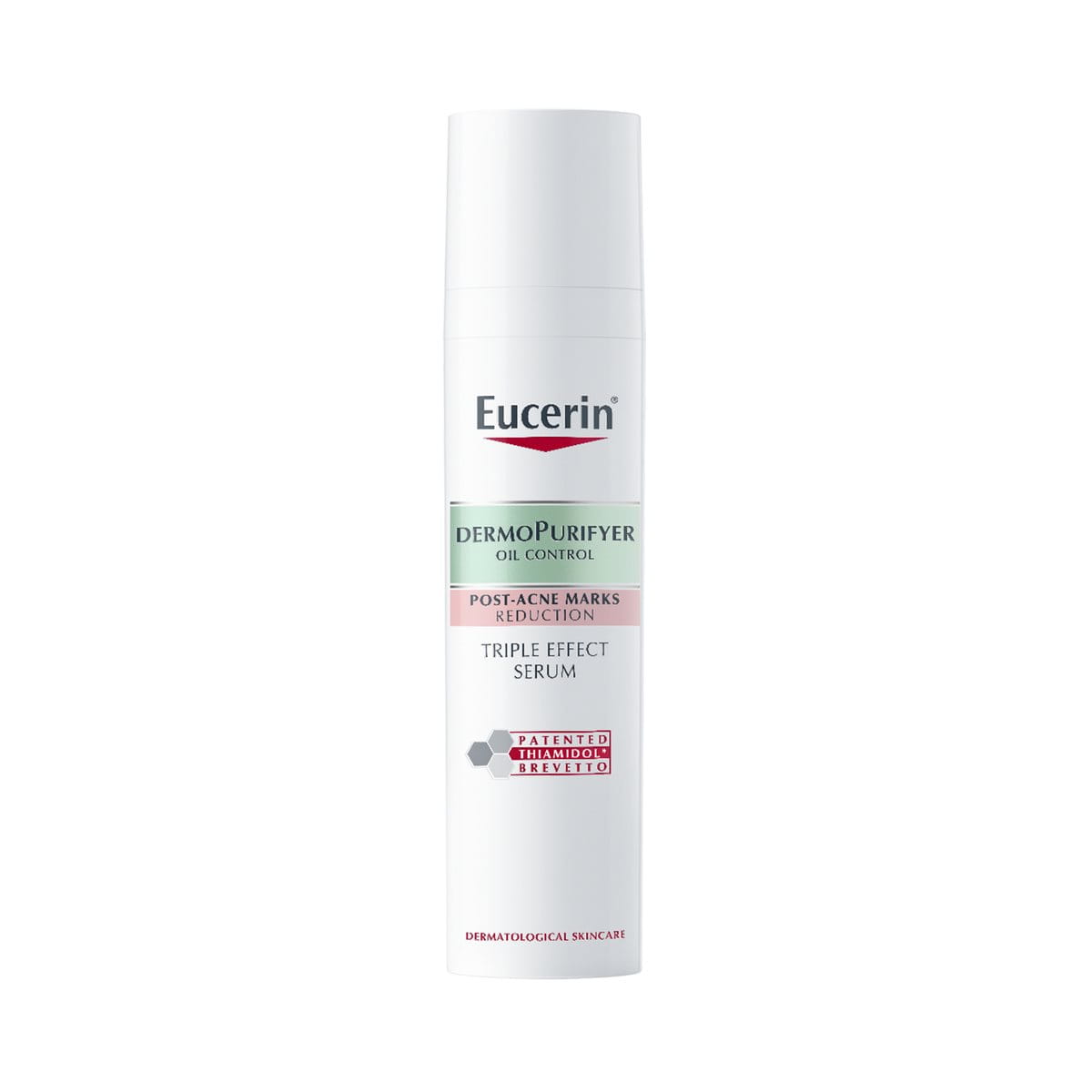Introduction
Almost all skincare regimens fall flat without proper cleansing. This is because cleansing is crucial for the rest of your products to function properly. Without a cleansed, dirt-free skin, one can’t begin layering the regimen.
Keynotes:
- Cleansing is the foundation of any skincare routine. It removes dirt, oil, and impurities to maintain your skin’s hygiene.
- Cleansing helps clear impurities, prevent breakouts, and improve absorption of other skincare products.
- Choosing the right cleanser depends on your skin type. Choose exfoliating formulas for oily skin and moisturising ones for dry skin.
- Learning how to cleanse and practising it regularly helps keep the skin healthy in the long run.





